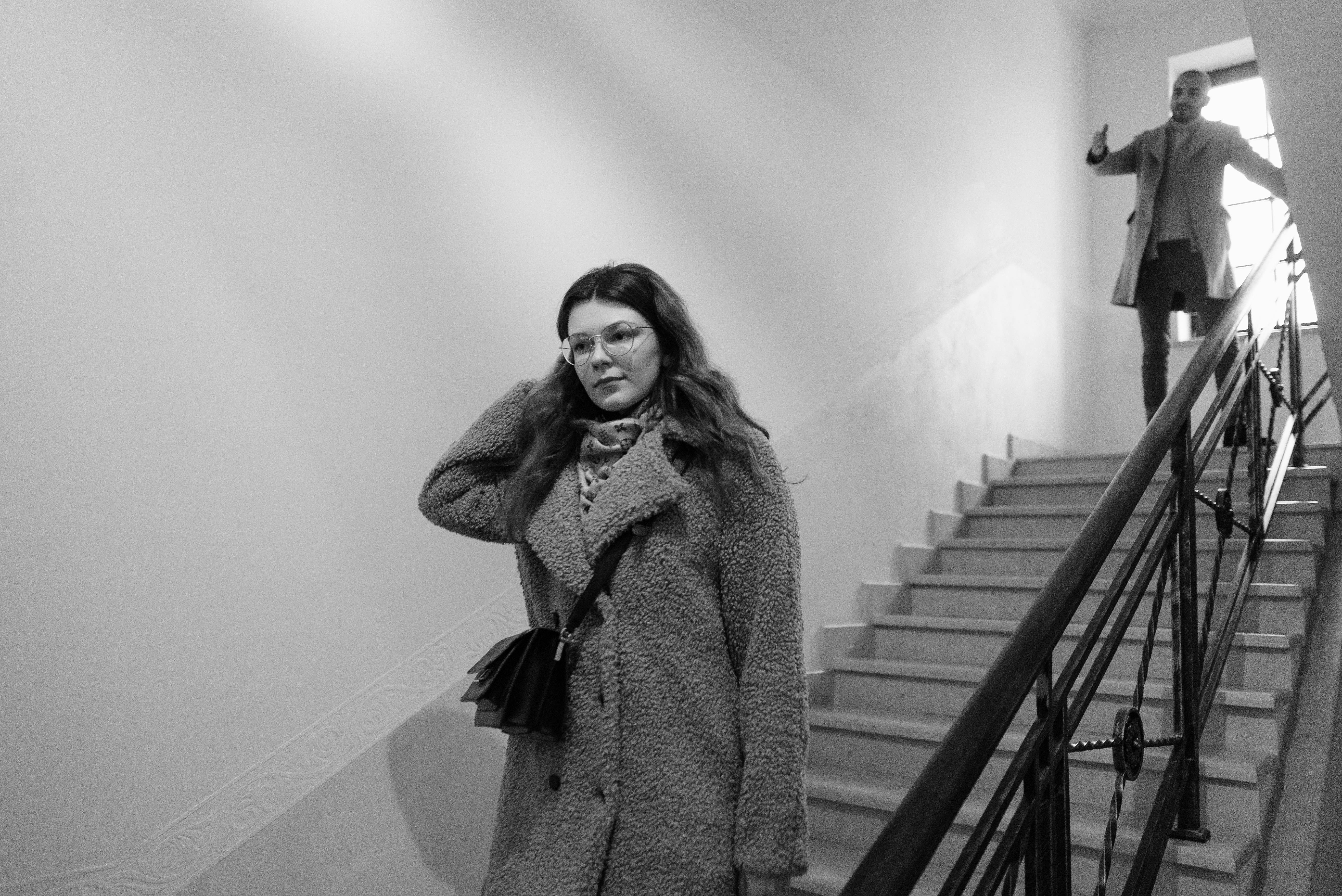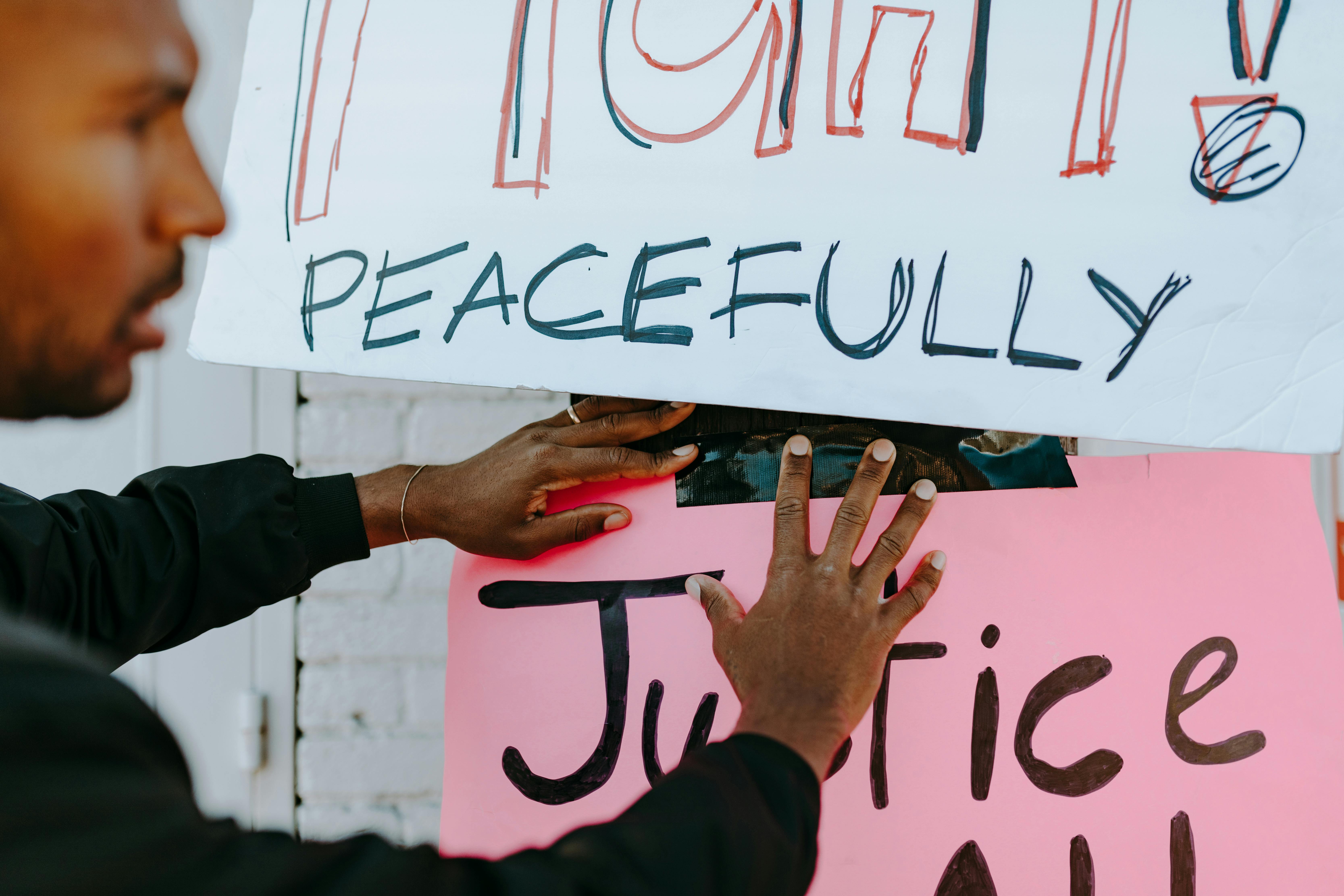Each month, the attorneys and staff at The Elder & Disability Law Firm donate several hours of their time presenting seminars for various community groups and professional associations in the Kansas City area. We strongly believe that the best way to help seniors is to clear up the many misperceptions about the Medicaid programs in Kansas and Missouri. These myths cause many of society’s most vulnerable citizens to make mistakes that can cost them thousands of dollars or spend every penny of their life savings before seeking help with medication and nursing home costs.
That is why I again chose to write to you about the common Medicaid myths we hear in the community:
“I have to give away everything I have before I can get Medicaid”
All Medicaid recipients can keep some of their assets and still qualify for benefits. The key is to understand what Medicaid considers an “exempt” versus a “non-exempt” asset in your state.
For example, a single person in Missouri can keep a few items, including the house they lived in before they went to the nursing home, a car, a specific type of prepaid funeral plan, personal belongings, and up to $999.99. A single person living in a Kansas nursing home can keep the same exempt assets plus $2,000. The laws governing what a married couple can keep are even more complicated and vary depending on each individual’s specific circumstances.
That’s why it’s important to have your financial situation reviewed by an attorney specializing in elder law before applying for benefits.
“I can only give away $12,000 per year or I won’t qualify for benefits”
We often hear from people who have lost the opportunity to keep thousands of dollars because they believed this myth. In fact, the $11,000 figure is an IRS rule regarding when to file a gift tax return and has nothing to do with Medicaid law.
For example, both Kansas and Missouri have laws in place that allow people with a disabled child to give away all of their assets, including their home, and still immediately qualify for benefits. But this should be done with the assistance of expert legal advice.
“Our prenuptial agreement shows that everything belongs to my husband”
The state does not take prenuptial agreements into account when determining Medicaid eligibility. All assets owned by either spouse are considered joint property and must be divided and spent exactly as they would be if there were no prenuptial agreement in place. The only way a prenuptial agreement is effective is if the couple divorces.
Proper estate planning and expert legal advice can ensure that the wishes of both spouses are respected, regardless of which spouse needs nursing home care.



